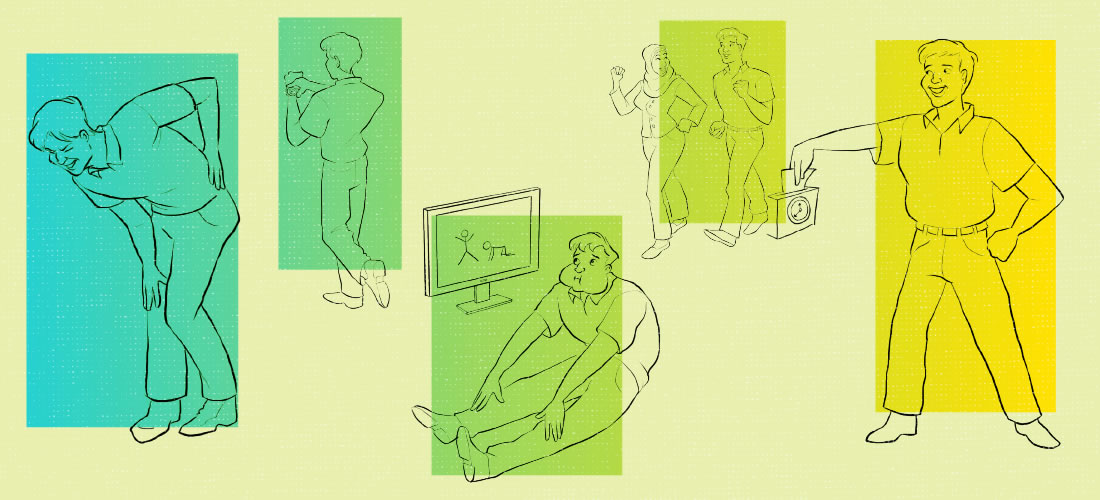Nara Schoenberg of the Chicago Tribune says that for years she tried to do two simple things on the personal hygiene front. The first was to floss daily, and the second was to brush her teeth for two minutes every night. In her words, the results were less than inspiring! When her kids started going to the dentist, the hygienist suggested two plastic hourglasses, one green and one blue, for the two kids to use. When turned over, the miniature hourglasses lasted two minutes before the sand stopped dropping. She started using the hourglass for herself and didn’t notice much change until she was late and decided to ditch the dental routine. She tells the story that within minutes she was “in front of the bathroom mirror like a zombie slave of the American Dental Association” and realized she had unwittingly formed a new healthy habit, while stumbling onto several insights at the same time.
The gems for bright, white teeth seem to be:
- Keep it simple in terms of what you want to do . . . and do it each time you encounter a trigger event – in this case, bedtime.
- Look for a start signal – turning over an hourglass.
- Small and steady rewards for a gratifying sense of accomplishment – clean-feeling teeth.
- Focus on one specific thing that you are motivated to change. You should pick something you really want to do and that offers a genuinely rewarding outcome – healthy teeth.
- How long before it becomes a habit? The European Journal of Psychology found that it took a median time of 66 days to form a new habit. The total time it took to form a new habit ranged from 18 to 245 days.
- You must choose something that is realistic and achievable.
- You will know you formed a new habit when it feels strange not to do it.
So how do we equate these habit-forming gems with helping leadership teams ascend to higher performance?
- Triggers: Find a trigger that ushers in an opportunity to practice a new team behavior or habit. It could be the start of a meeting, the need for a decision, the consideration of a new initiative, listening to a colleague’s point of view, or having tough conversations about critical issues.
- Start Signal: Several teams began using yellow cards and red cards (similar to penalty cards in soccer) when they believed they were not dealing with the real issues with enough rigor and/or candor. The signal of the red or yellow cards being held in the air during the discussion starts a different conversation.
- Rewards: Small and steady rewards can include depth, speed, and clarity of tough-issue decisions.
- Focus: Timely, high-quality decisions that are executed with commitment are good candidates for many teams.
- Timeframe: In our experience, teams can form a new habit about candid conversations that create high-quality decisions in about six months – not the 18 days on the low side noted above – but not the full 245 days, either!
Driving change is one of the hardest things that people or organizations need to do. Approaching it as you would to form a new habit helps make it manageable and achievable.






